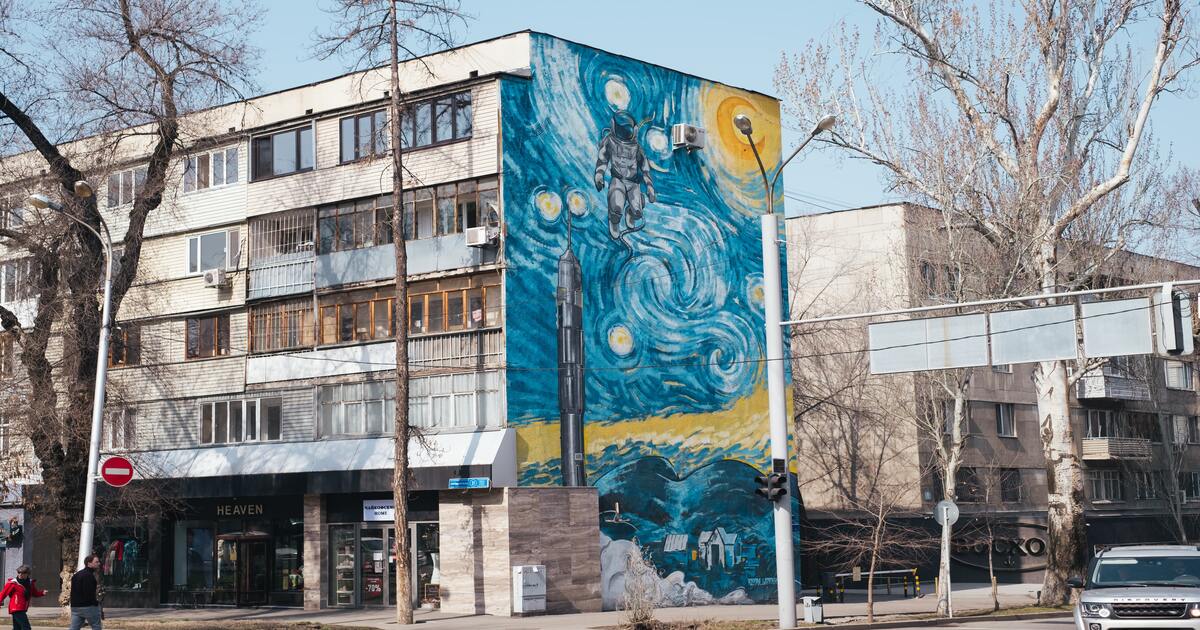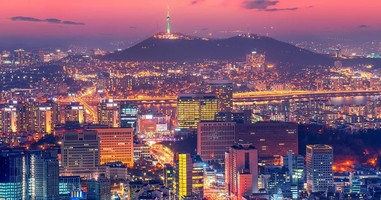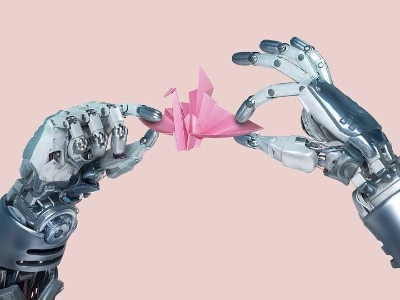
Blogs
What has become with homeland and us
July 10, 2019


Anuar Buranbayev
Partner
The strategic cycle is more or less the same for all types of entities, from a small company to a country. It is impossible to grow all the time at the same rate. As they say, "there is a time to cast away stones, and a time to gather stones together"
The mood of the population, the society and the state apparatus is changing irrationaly. From the over-optimistic period of 2001-2007 to the deepening pessimism that began in 2014. The main reasons for this are:
1. The real improvement of life in the first half - mid-2000s compared to the 1990s generated hope and supported the social contract proposed by the government. On the whole, in 2001-2007, the social contract satisfied everyone. After the crisis of 2007-2009, hope for recovery came true by the beginning of a rise of raw prices, but it was no longer enough to ensure the dynamics of "waiting for improvements".
2 The reforms announced in 2015 ("Five institutional reforms. One hundred steps") and the reform plan clarified in 2017 ("Third modernization") found no support from neither by the state apparatus nor by the population. The main problem with the reforms is that there is no final beneficiary and no source of funding for the reforms. What is called the "Deep State", represented by the bulk of state executives in distributing positions and related entrepreneurs, is not interested in them. Reforms destroy the status quo and worsen the prospects for obtaining benefits for the representatives of the"deep state".
3. On the other hand, the population felt the objective deterioration of the economic well-being. The real incomes of most households began to fall. According to the population, the social contract was violated. The dynamics of life improvement has become negative.
4. The ongoing process of urbanization and population concentration in large cities has begun to form a bourgeois civil society, leading to "complication" of society. The slogan "economy first, then politics" was no longer the norm. The bourgeoisie of large cities raises questions not only in the economic sphere. Starting with social problems, the movement will inevitably come to political demands.
What can be done?
There is a "De Tocqueville's Law of Revolutions": "Revolutions are not always brought about by a gradual decline from bad to worse. Nations that have endured patiently and almost unconsciously the most overwhelming oppression, often burst into rebellion against the yoke the moment it begins to grow lighter. The regime which is destroyed by a revolution is almost always an improvement on its immediate predecessor, and experience teaches that the most critical moment for bad governments is the one which witnesses their first steps toward reform. A sovereign who seeks to relieve his subjects after a long period of oppression is lost, unless he be a man of great genius. Evils which are patiently endured when they seem inevitable, become intolerable when once the idea of escape from them is suggested. The very redress of grievances throws new light on those which are left untouched, and adds fresh poignancy to their smart: if the pain be less, the patient’s sensibility is greater". (Alexis de Tocqueville. "The Old Regime And The Revolution")
The first, oddly enough, still relates to the field of Economics. It is necessary to get out of the "economic growth" paradigm at any cost and offer a social contract aimed at the"economic development".
Second, political reforms are needed to legitimize the new social contract. These reforms should be expressed in the conclusion of a" Pact of Elites " aimed at the economic development. The new social contract will also have to take into account the interests of representatives of the "Deep State" in order to avoid sabotaging the reforms and rocking the situation.
Third, an in-depth analysis of the socio-cultural foundation of our population is needed to identify our cultural code and develop solutions that will take into account current positive and negative informal institutions (values, rules and norms) and lead to their transformation in a positive direction.
all publications











